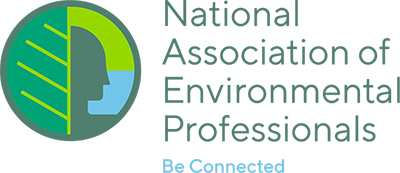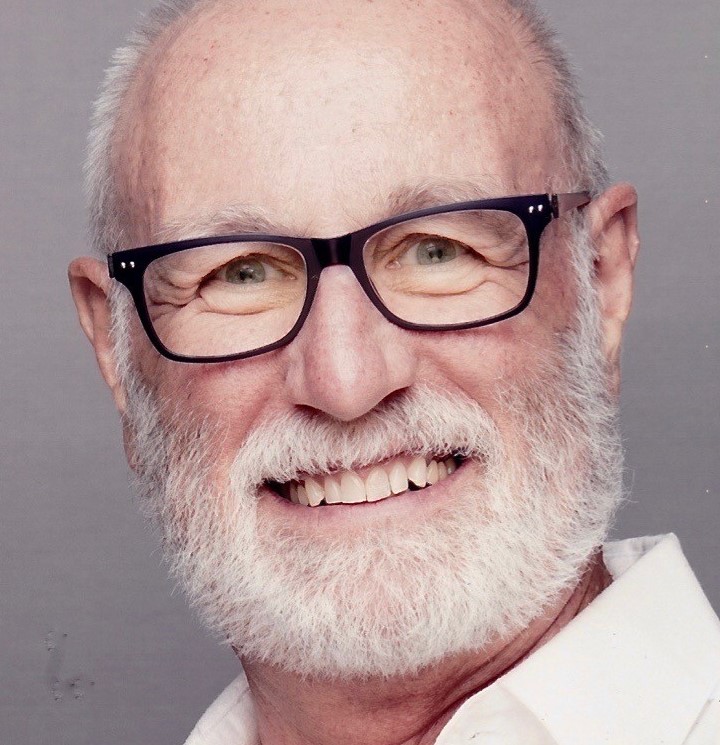- About NAEP
- Membership
- NAEP Chapters
- Working Groups
- Events and Programs
- Awards/Scholarships
- Resources
Marc Bruner
Marc Bruner likes to think of himself as an early example of a vertically integrated member of NAEP. From a position of the President of a local Chapter covering a five-county region in southeast Florida, Marc had the opportunity to move up to being the President of the Florida Association of Environmental Professionals (FAEP). After serving as a Chapter Representative on the NAEP Board, he then had the privilege of serving as President of NAEP. This gave Marc a wonderful opportunity to see the benefits of NAEP through all its levels of interaction with its members. It also let him see the different challenges faced at the local, state and national level to provide service, value and opportunities for the membership of NAEP. Marc was President of NAEP during a period of significant restructuring of the administration of the association, from a full-time staff to a more volunteer and contract service-based management structure. It was also the time when the NAEP journal went through a substantial change, emerging after a hiatus in publication as a new publication designed to fit the needs of both the practicing professional in the field and the academic professionals educating the next generation of practitioners. After his term as President, Marc Bruner continued to work with some of the officers of NAEP to complete the transition. He has attended the annual conference regularly since he first joined the association in the 1980s, and had the particular advantage of securing sponsorship of the annual conference by his employer, as they recognized the importance of ongoing professional engagement and development of their staff as a key to continued excellence in agency performance. Marc's educational experience was in the life sciences, with bachelors and masters degrees in botany, and a doctorate in ecology. After a short stint in federal research and private consulting, he entered local government service in the management of solid waste. While that may seem a far cry from ecology, Marc did not see it that way. He viewed his work as “applied human ecology” dealing with an environmental issue that our species has addressed since our journey down from the trees and across the savannas to modern cities and towns. It’s no accident that the anthropologists seem out waste middens as the source of key information about the life and culture of a society. The other aspect of Marc's career experience in this position was the broad diversity of experience it provided. Because of the nature of our operations, our work as environmental stewards and managers covered an incredible spectrum of activities. Disposal of soil and hazardous wastes, air quality, storm water and waste water quality and disposal, including underground injection were all within our regulatory array. Management of natural areas, including endangered species provided an opportunity to stay connected to my academic roots. Public engagement in facility siting and management, as well as regulatory and legislative affairs gave Marc the opportunity to look beyond the day to day aspects of the work and provide a different perspective and vision. Throughout his professional career, NAEP was a constant that provided Marc an opportunity to connect, interact and share with his fellow professionals. Some worked in very different spheres, and at first glance one would think we might have little in common. But Marc's years with NAEP showed him that the common foundation we shared, the commitment to professionalism and ethical practice was a bridge long and wide enough to connect him with any of his fellow NAEP members. Since retiring several years ago, after more than 30 years' service with the agency, Marc Bruner has continued his involvement with NAEP, the solid waste profession and transportation through his volunteer efforts. Retirement also gives him more time to spend with his children and grandchildren. They remind him that we must continue to manage and conserve our environment, to assure they have a positive and sustainable future. Marc continues to believe NAEP will help achieve that future. |


